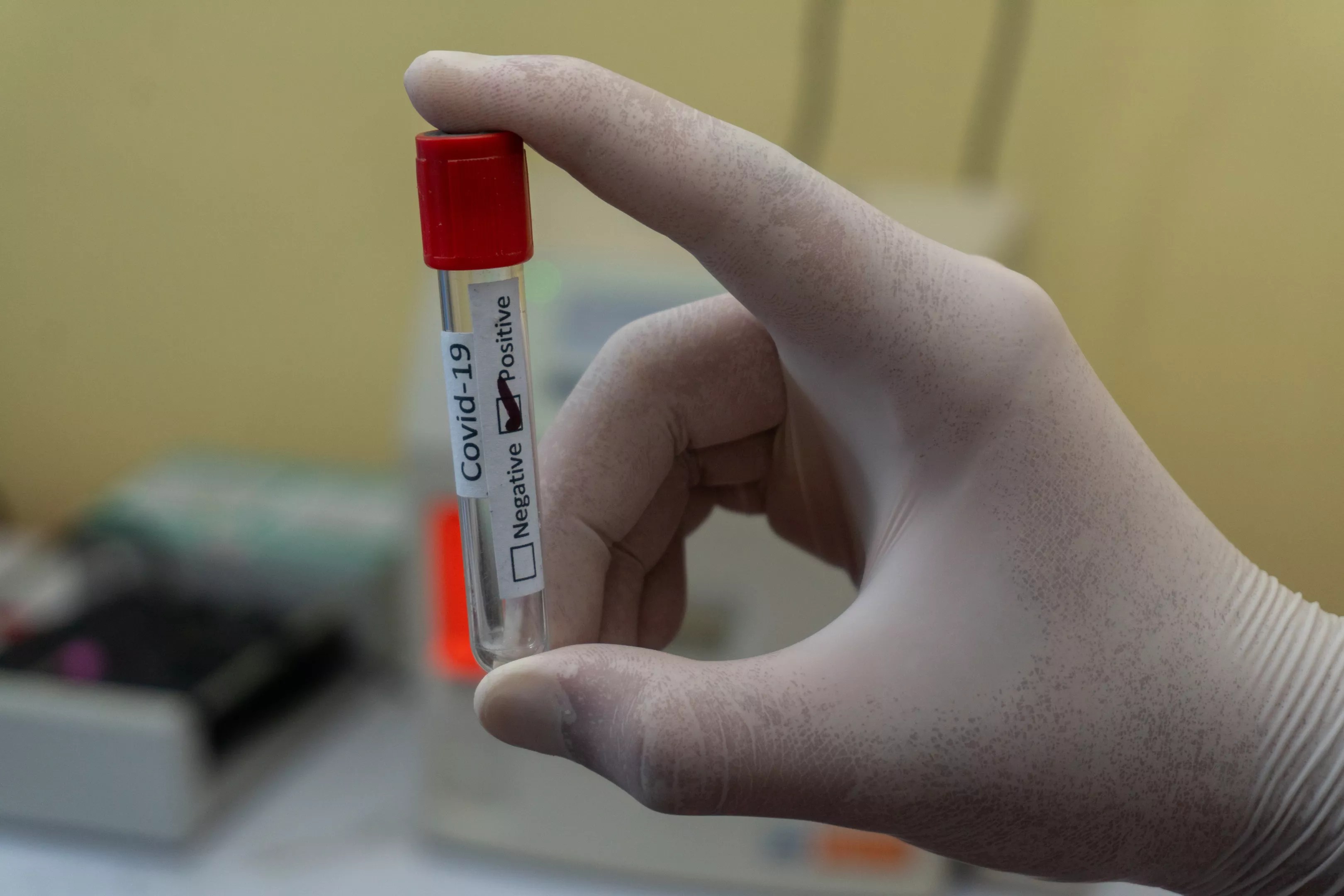
Photo by Prasesh Shiwakoti (Lomash) on Unsplash

Audio By Carbonatix
Doctors and nurses have been in short supply as the omicron variant sweeps throughout Texas and beyond, but staffing scarcities and COVID-induced burnout are also plaguing another type of healthcare worker: medical laboratory professionals.
Medical labs had already been short-staffed for decades, but the pandemic is making things even worse, said Dr. Rodney E. Rohde, a professor and chair of the Clinical Laboratory Science Program at Texas State University. These professionals had long been “in the shadows of health care,” but they help shine a light on patient ailments through essential lab data.
Without medical laboratory testing, physicians would have to rely on signs and symptoms, he said.
“They just wouldn’t have the necessary data to know how to diagnose your heart attack or your resistant infection or what antibiotic to give you,” Rohde said. “I mean, it’s really, really critical and really, really important, and I don’t think the public always understands that.”
In fact, around two-thirds of medical decisions by healthcare professionals are driven by lab testing, Rohde wrote in an article published in The Conversation.
The COVID-19 pandemic has wreaked havoc on employees in multiple fields. In addition to health care, the education and service industries have suffered from a staffing exodus.
Around 85% of lab professionals reported grappling with burnout in a 2020 survey, but medical lab workers in Texas and across the United States remain in high demand. In Georgia, one hospital system is still in need of 43 full-time lab staff, despite 30 having left retirement to help out, according to CNBC.
Our piece tonight on the shortage of medical laboratory professionals and the ripple effect this has on the healthcare system. Big thanks to @RodneyRohde for his help in shining a light on this topic again and @BnrdG for sharing the story of what's happening in Augusta with us. https://t.co/EgsCSjQ3mN
— Kate Rogers (@katerogers) January 8, 2022
Medical lab professionals already have to handle around 13 billion tests per year, said Rohde, who’s also an associate adjunct professor at Austin Community College. Since the pandemic hit, they’ve faced dealing with an additional nearly 900 million tests.
Many healthcare pros are getting sick because the omicron variant is so transmissible, he added. Then, they’re out for at least five days, per guidelines by the Centers for Disease Control and Prevention.
“The other piece of this is mental health.” – Dr. Rodney E. Rohde
Staffing shortages also mean that other important tests could be left unprocessed, Rohde said. With laboratory medicine informing health issues such as cancer, diabetes and labor and delivery, critical surgeries and procedures might have to be postponed.
“The other piece of this is mental health,” he said. “Staff are not taking vacation time or even sick time because they feel guilty or because they’re so understaffed, and so it’s straining the mental health of our professionals.”
In his essay, Rohde outlines some of the largest issues faced by the industry. Part of the problem is the relatively low pay for medical lab professionals, who earn a median salary of around $54,180. That’s nearly 30% less than the roughly $75,000 made by registered nurses.
Educational programs are also on the decline, restricting the number of graduates that health care systems can hire, Rohde said. Plus, he’s heard from many professionals who are considering leaving, either by going into an adjacent career or quitting the field altogether.
Some states are even pushing 30% vacancy rates, he added: “That’s crazy. That’s crazy-world, and dangerous to healthcare and patient quality and patient care.”
Rohde isn’t the only one concerned about staffing shortages. For two years, these professionals have been dealing with stress on a near-constant basis, said Maureen Burke, a medical laboratory scientist.
It’s taxing to see how sick COVID-19 patients become, she said. Plus, many workers who handle these specimens are afraid of catching the virus or bringing it home to their family.
“I’m hopeful that things will get better,” Burke said. “But I have a feeling that this virus is going to be around for quite some time, and it’s going to continue to put a strain on not only medical laboratory scientists but all hospital workers.”